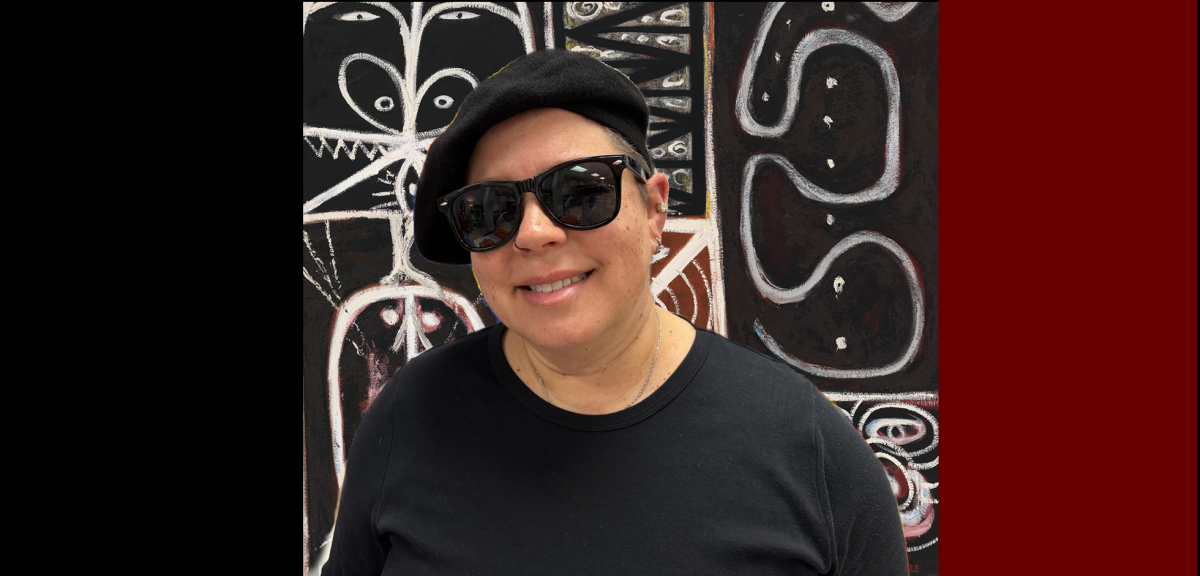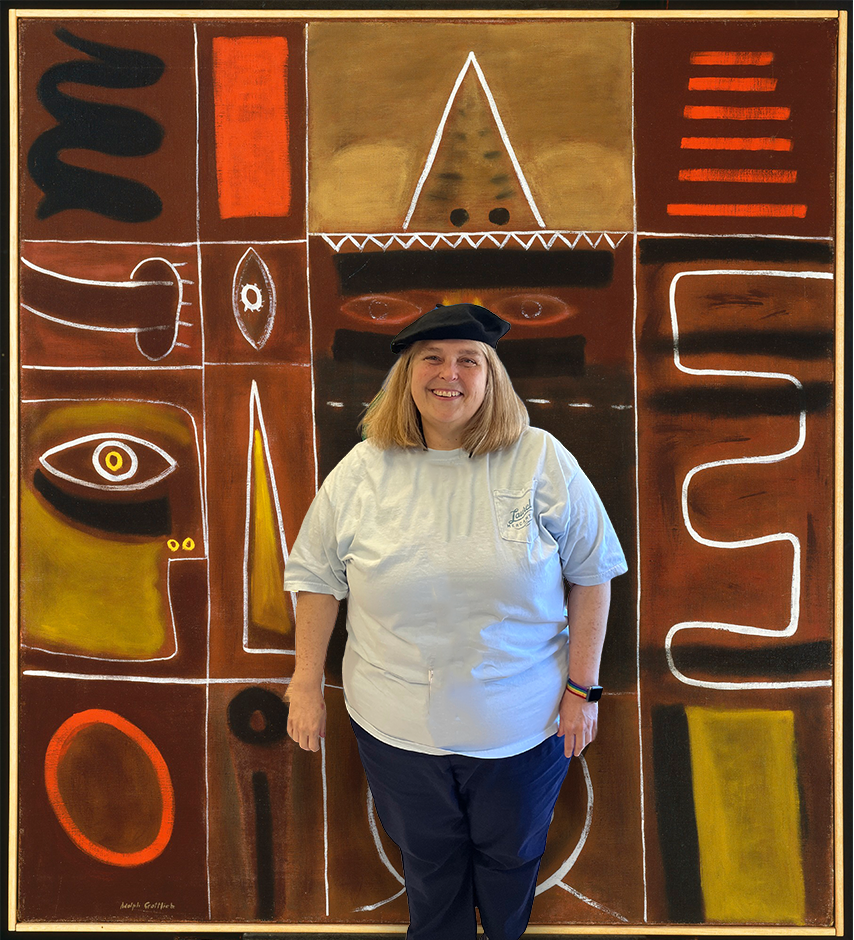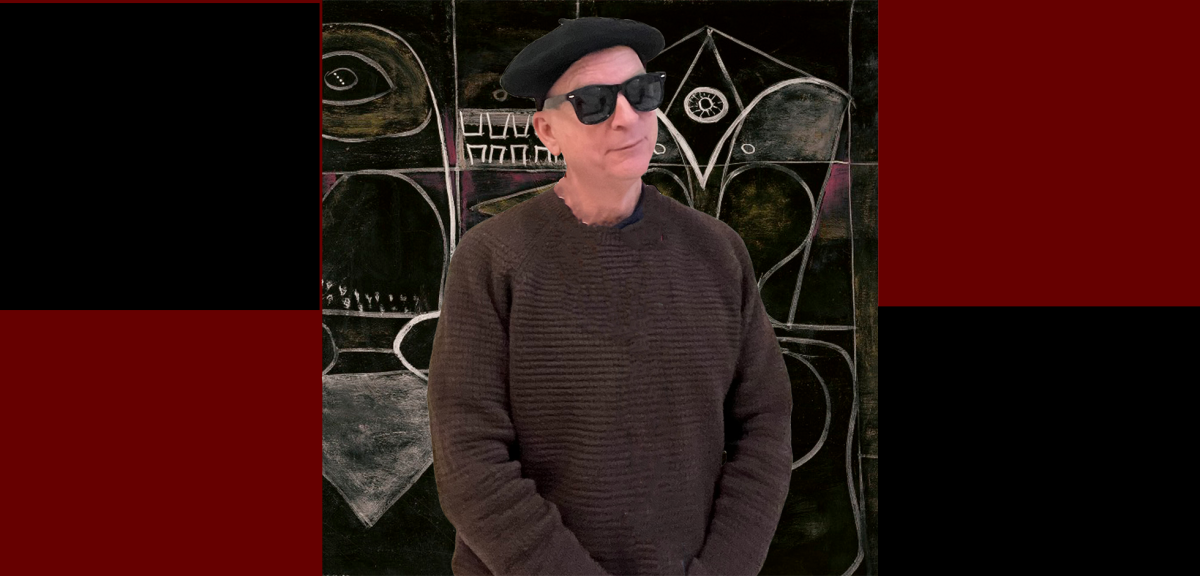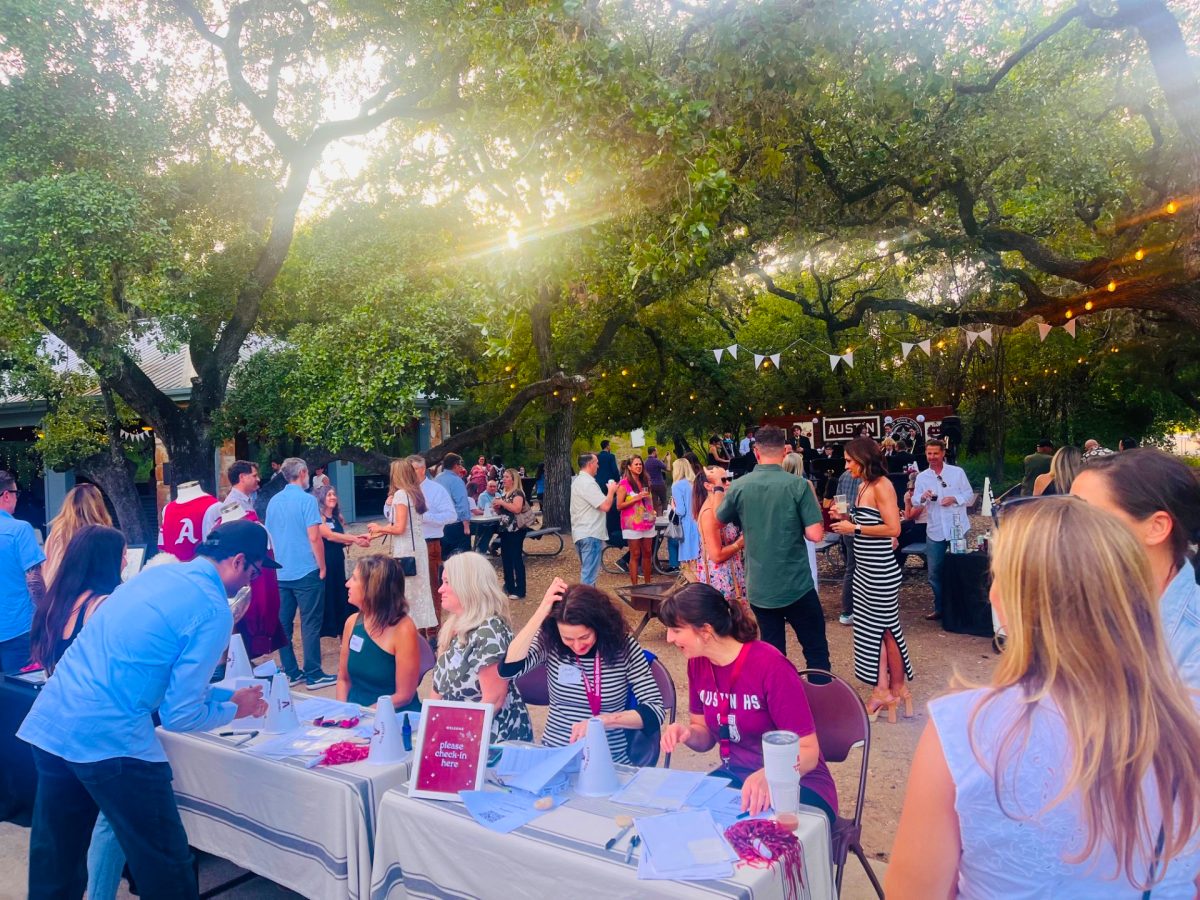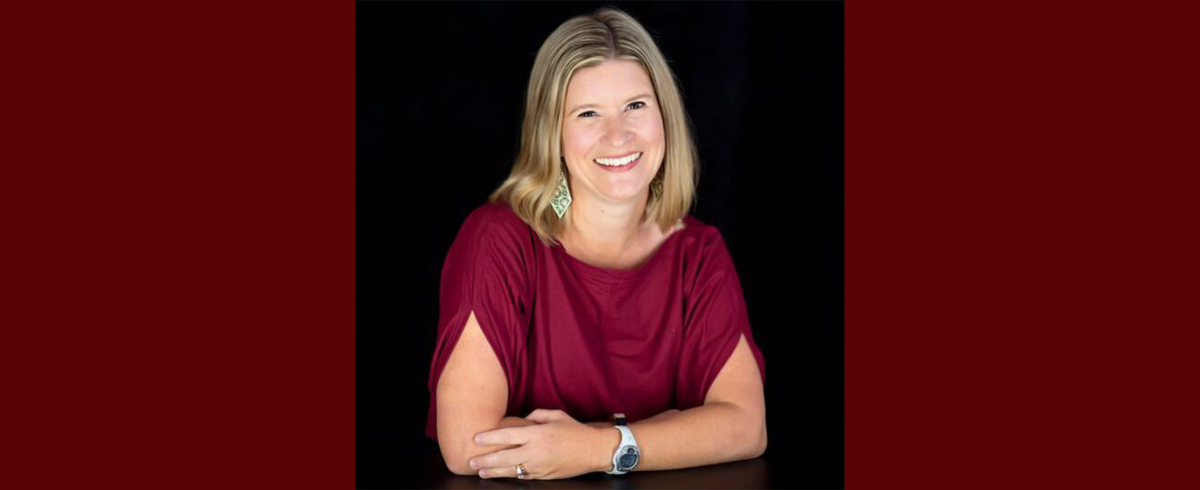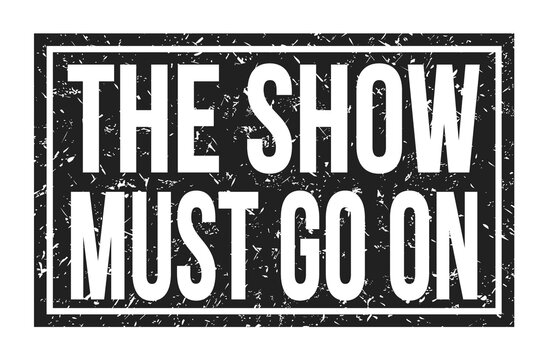Students go back and forth arguing whether the United States should keep its military in another country, if fossil fuels should continue being used, or even if cereal is a soup. Debate is a place where students ready to argue can meet and debate about topics ranging from serious global issues to first-world problems. Debate offers various formats, meaning everyone will have a form that they love. It subconsciously grows your quick thinking, writing, and speaking skills, along with offering a community of passionate people!
The debate program has been around for a long time at Austin High School. In 2002, the Austin High debate team went out of state and won Harvard! However, financial constraints have put a pause on out-of-state participation. The team stalled briefly until it found the club’s current coach, Mr. Vanderheyden. He has brought new light to the team, restoring travel to tournaments and creating diverse involvement opportunities. While there isn’t much leadership besides the coach, some teams, such as Lincoln-Douglas, have dedicated student captains.
Anika Singh, an accomplished debater, provides insight on the program’s structure and achievements. “We mainly do district-level debates, and then once a year we’ll do the UT tournament which is state-level. But the vast majority of them will be debating against Westlake, and Lake Travis, and whatnot. But then sometimes we’ll debate a school from like San Antonio during UT.”
She details the program’s inclusive structure, explaining Mr. Vanderhayden’s two-class setup – one for teaching fundamentals and conducting mock trials, and another for the actual team participating in tournaments. After-school practices on Tuesdays cater to both the team and freshmen expressing interest in joining. The program actively welcomes newcomers, offering an accessible way to join the club for those unable to participate in the class.
For aspiring debaters, Singh underscores the inclusivity of debate, asserting that anyone, regardless of qualifications, can join. She goes on to describe debate as a skill-building endeavor, “Debate teaches you and forces you to be able to think quickly on your feet, research, and write cases very extensively, and cite your sources. You need to be someone who has a little bit of time in your schedule to research so much and write really thorough cases. And also someone that is okay under pressure. Anyone can do it it’s just hard.”
The debate program offers various sections, with Lincoln-Douglas being the most common for one-on-one debates with prepared cases. Public Forum, featuring a two-versus-two format, provides an alternative option. Congressional debates involve pro-con speeches on bills and can extend up to 5 hours, while World School debates challenge students’ debating skills in a more relaxed atmosphere, allowing 3-5 students to debate as a team. Austin High’s World School team was able to bring home a second-place award from the World School Debate. Additionally, the Extemporaneous debate introduces an extra layer of challenge, requiring students to prepare a 7-minute speech in just 30 minutes. Anika Singh, one of the few students to have engaged in this unique debate format, shared her perspective, stating, “You’ll get your topic like ‘What can Biden do to address climate change’ and then you have got to give a 7-minute speech on that. It’s not as hard as it sounds; you can do that one while doing another section because you’re not fighting anyone – you’re just giving a speech. But it’s still challenging. It’s fun.”
The debate topics are both engaging and diverse, ranging from ordinary subjects to intriguing discussions. Anika explained, “In debate, we’ll give you a very specific topic that you have to argue for and against, at least in Lincoln Douglas, public forum, and World School. As an example, she highlighted a recent public forum topic: “Should the United States increase their military presence in the Arctic?” Debaters are then required to craft both pro and con speeches for these issues, chosen based on relevance, often focusing on geopolitical matters, climate change, or economic concerns. Typically there are four topics, and those with an NSDA account can vote on them, aligning closely with current events.
Debate allows students to develop their speaking and quick-thinking skills while immersing themselves in an incredibly supportive and fun community. According to Anika Singh, “Homework has become so easy, because when you’re writing debate cases, you string together pieces from articles to make a coherent argument. You learn about how the world works, you get such a deeper understanding of history because you have to win.” She emphasized the simultaneous development of public speaking skills, confidence, and critical thinking. Additionally, engaging in tournaments allows students to meet diverse perspectives, aiding them in History, English, and general essay writing. So whether you choose to join through the class or the after-school club on Tuesdays, the debate program at Austin High invites you to a transformative experience. Embrace the opportunity to hone your abilities, broaden your horizons, and most importantly enjoy the intellectually rewarding world of debate.



